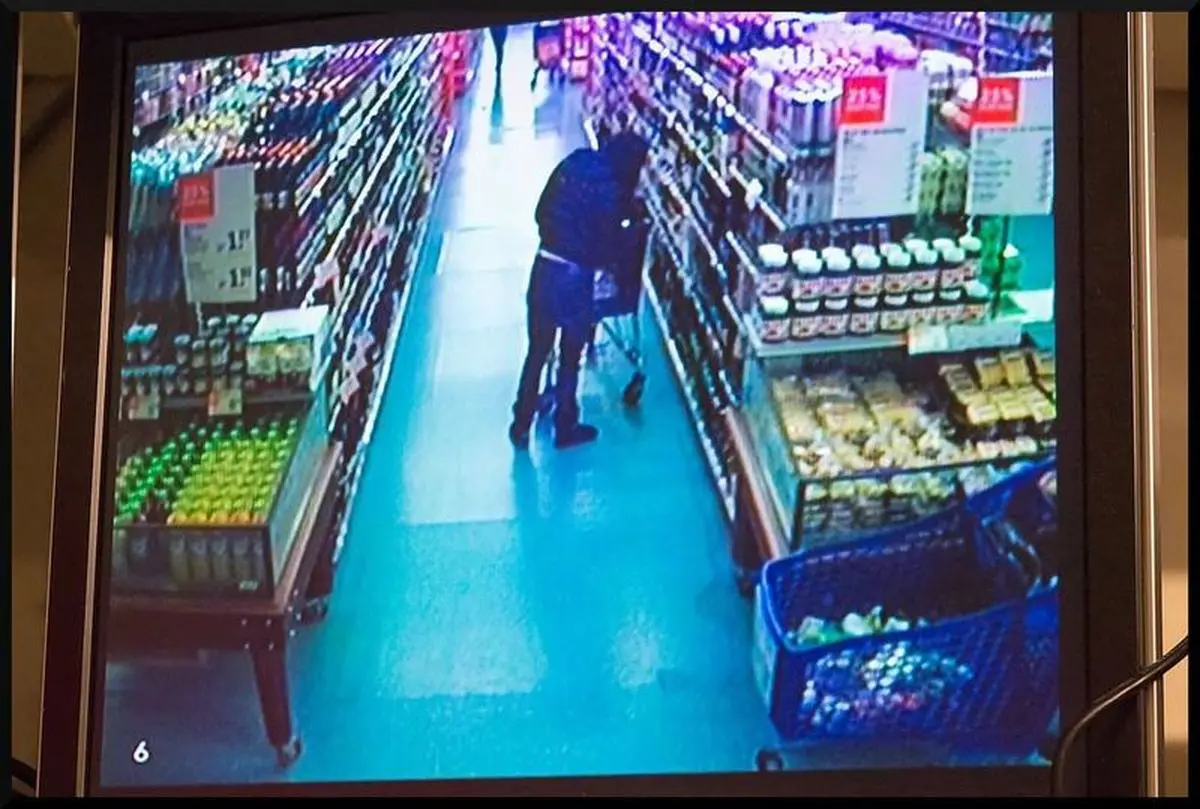By , Leave a Comment

Table of Contents
Avoid Shoplifting Arrest
Here’s a list of things you shouldn’t do while shopping to avoid an unjustified shoplifting arrest:
- DON’T carry merchandise into a store restroom (no matter how badly you have to go).
- DON’T place merchandise into a bag containing purchased merchandise from another store, or from the same store (regardless of the absence of shopping carts or baskets, which would enable you to continue shopping with your hands free).
- DON’T place merchandise into your handbag or backpack (regardless of the absence of shopping carts or baskets, which would enable you to continue shopping with your hands free)
- DON’T place merchandise into your pocket (regardless of the absence of shopping carts or baskets, which would enable you to continue shopping with your hands free).
- DON’T forget to remove all merchandise from your shopping bags, handbags and pockets before leaving the store.
- DON’T carry merchandise past the last cash register to get better cell phone reception.
- DON’T wear merchandise in the store.
- In stores with multiple departments , DON’T carry merchandise from an upper floor to the first floor.
- DON’T carry merchandise from another store into the store. (You could be wrongly accused of stealing it from the store that you’re in.)
- DON’T carry merchandise throughout the store for an extended period of time. (Security guards who have been anxiously watching you for hours will look for the smallest excuse to arrest you.)
Some people charged with shoplifting say their accusers are lying. Some say their accusers mistakenly inferred the “intent to steal” from innocent conduct.
As listed above, there are simple things you SHOULDN’T DO to avoid being wrongly an unwarranted shoplifting arrest.
Petit Larceny
In New York, suspected shoplifters are typically accused of a crime called “petit larceny”, under section 155.25 of the Penal Law:
A person is guilty of petit larceny when he steals property.
Okay … but what does “steals” mean?
Under section 155.05 of the Penal Law:
A person steals property and commits larceny when, with intent to deprive another of property or to appropriate the same to himself or to a third person, he wrongfully takes, obtains or withholds such property from an owner thereof.
Security Guards Suspect Everyone
Store security guards make arrests when THEY believe someone intends to steal property.
Sometimes, the intent to steal is easy to infer: for example, a person snatches a piece of jewelry from inside a department store display case, and then runs out of the store without paying.
However, most security guards can’t read shoppers’ minds. Determining the existence of “intent to steal” can be difficult.
Keep in mind that security guards are paid to arrest people. They spend their entire workday looking for shoplifters. They are motivated to suspect crime, even in innocent situations.
Ambiguous Situations
In ambiguous situations — where a person might or might not intend to steal — security guards will tend to infer that “intent to steal” exists.
Using incredibly thorough surveillance equipment, and store employees posing as customers, security guards monitor everyone who enters their stores with suspicion.
Arrested for Shoplifting?
Schedule a FREE CONSULTATION with Bruce Yerman, Attorney at Law
Suspicious security guards, motivated to make shoplifting arrests, place innocent shoppers at risk of being wrongly accused. They tend to follow hard-and-fast rules. They always make arrests when they observe specific conduct. For example, they arrest everyone who exits the store with unpaid merchandise.
Although most people intend to steal when they carry merchandise out of the store without paying for it, not all do. Some people are absent-minded. They leave the store without realizing that they’re carrying unpaid merchandise in their hands. However, these people will be arrested along with everyone else.
Store security guards have many other “bright lines” that trigger arrests when crossed by shoppers. In fact, many of these lines, described in the list above, are far murkier than the leaving-the-store-without-paying line. However, innocent people who cross these lines get arrested every day.
The list above is based on the hard-won experience of many clients who innocently behaved in ways that caused store security guards to wrongly accuse them. Innocently engaging in one or more of these behaviors could cause cause you to be wrongly accused.
Be mindful of your actions inside New York City retail stores. Suspicious eyes are watching you.
Free Consultation
Bruce Yerman is an shoplifting lawyer in New York City. His office is located in Suite 1803 of 299 Broadway in Manhattan.
If you’d like a free consultation to discuss shoplifting or other issues related to criminal defense or family law, call Bruce at:
Or email Bruce a brief description of your situation:

Leave a Reply